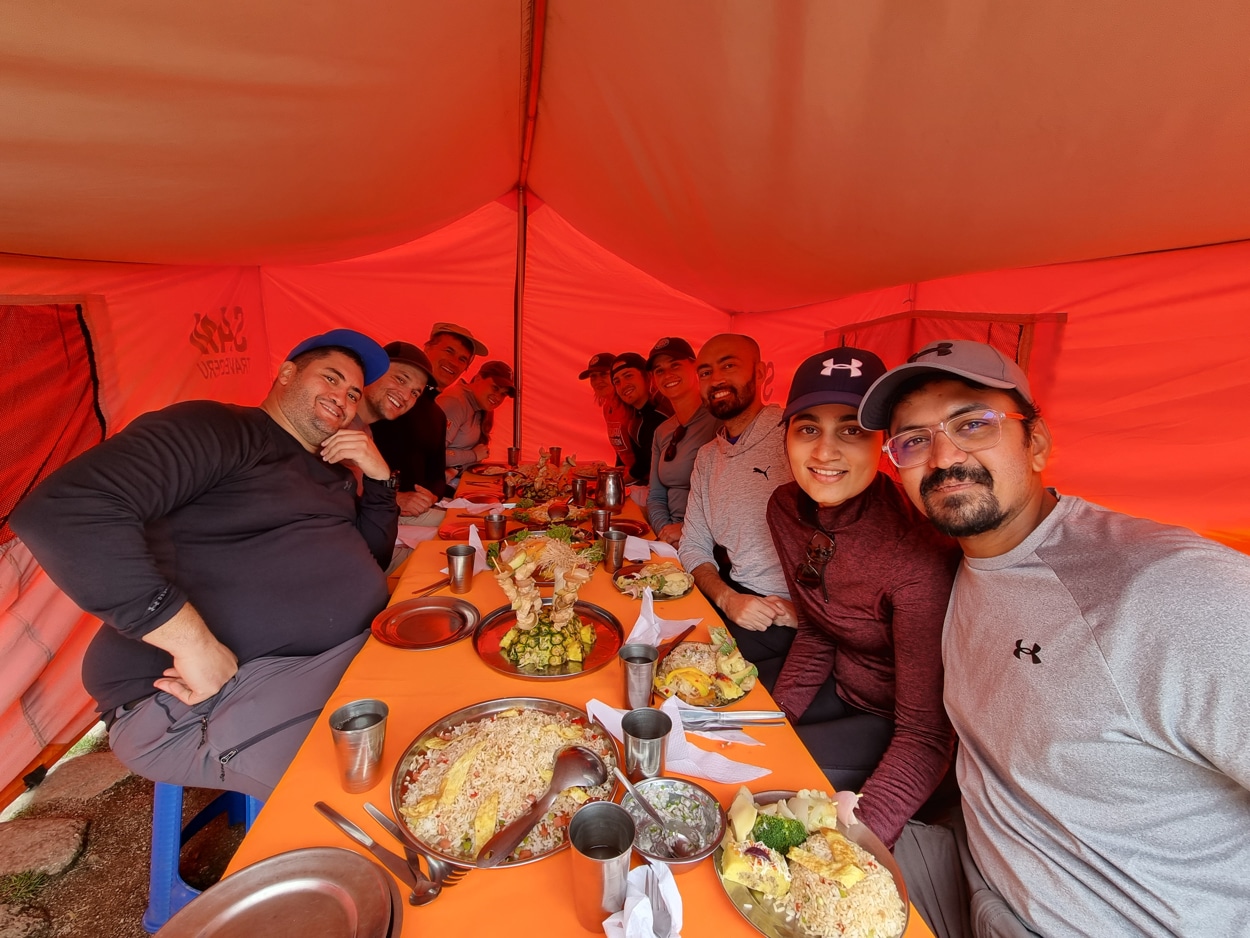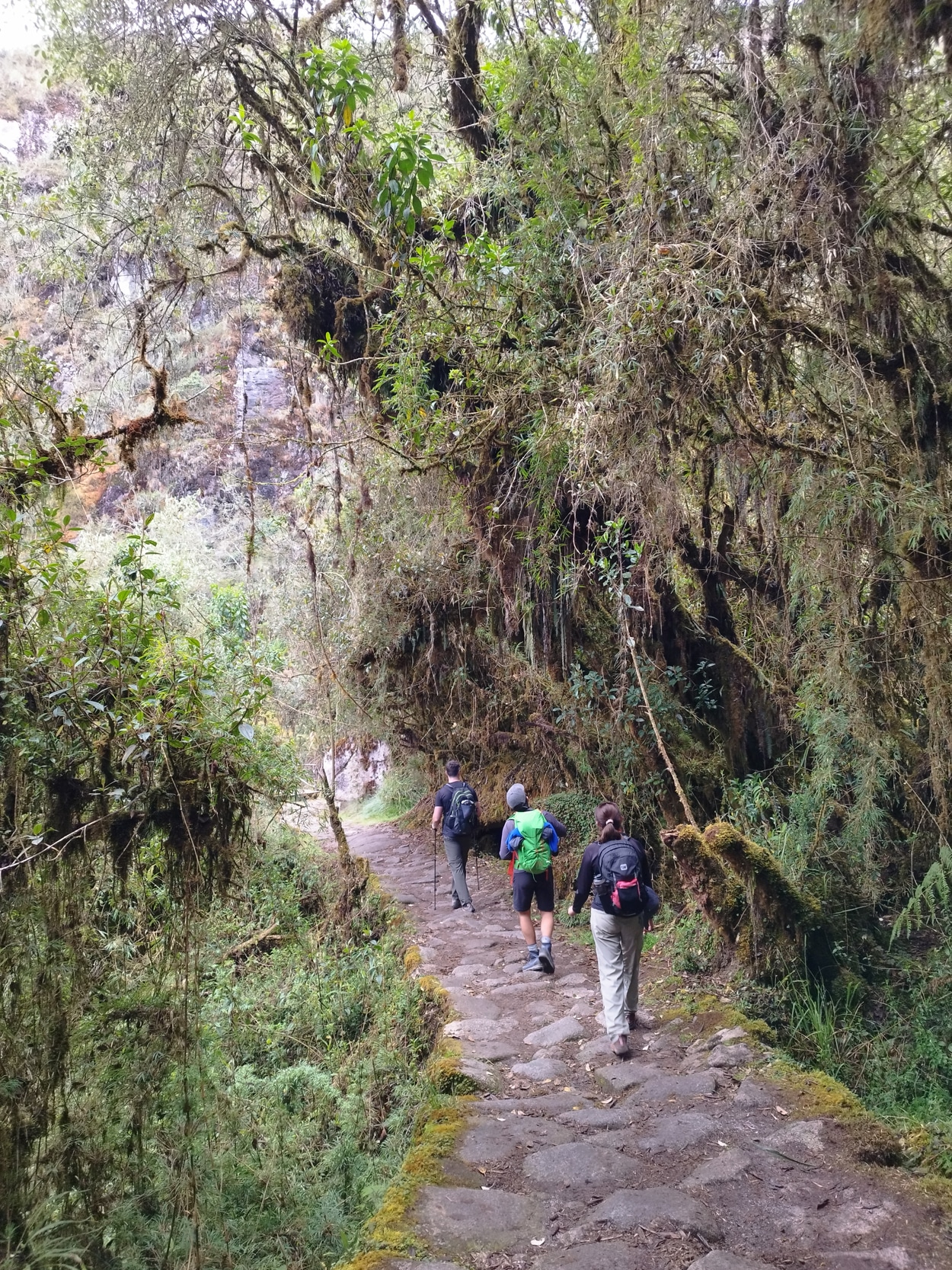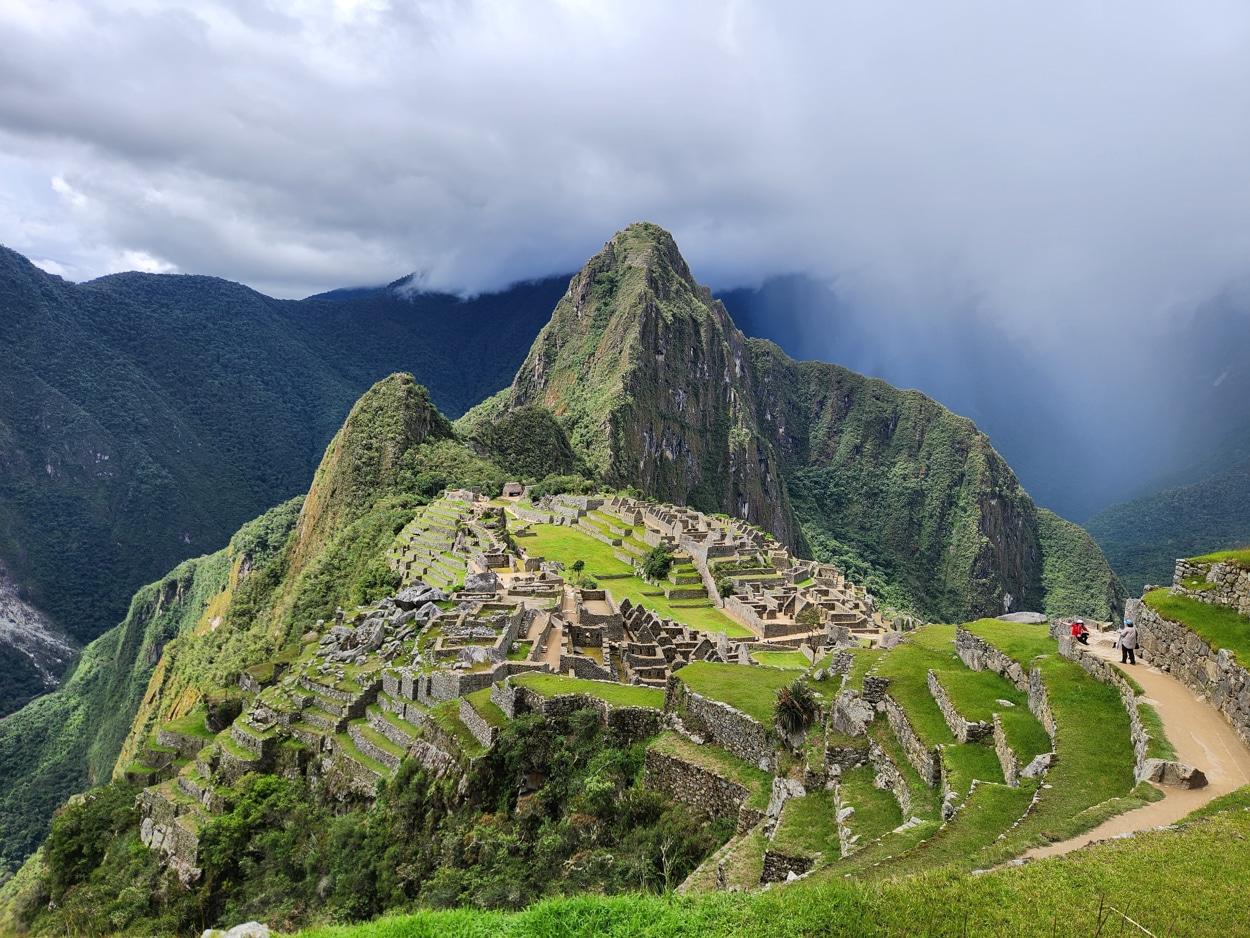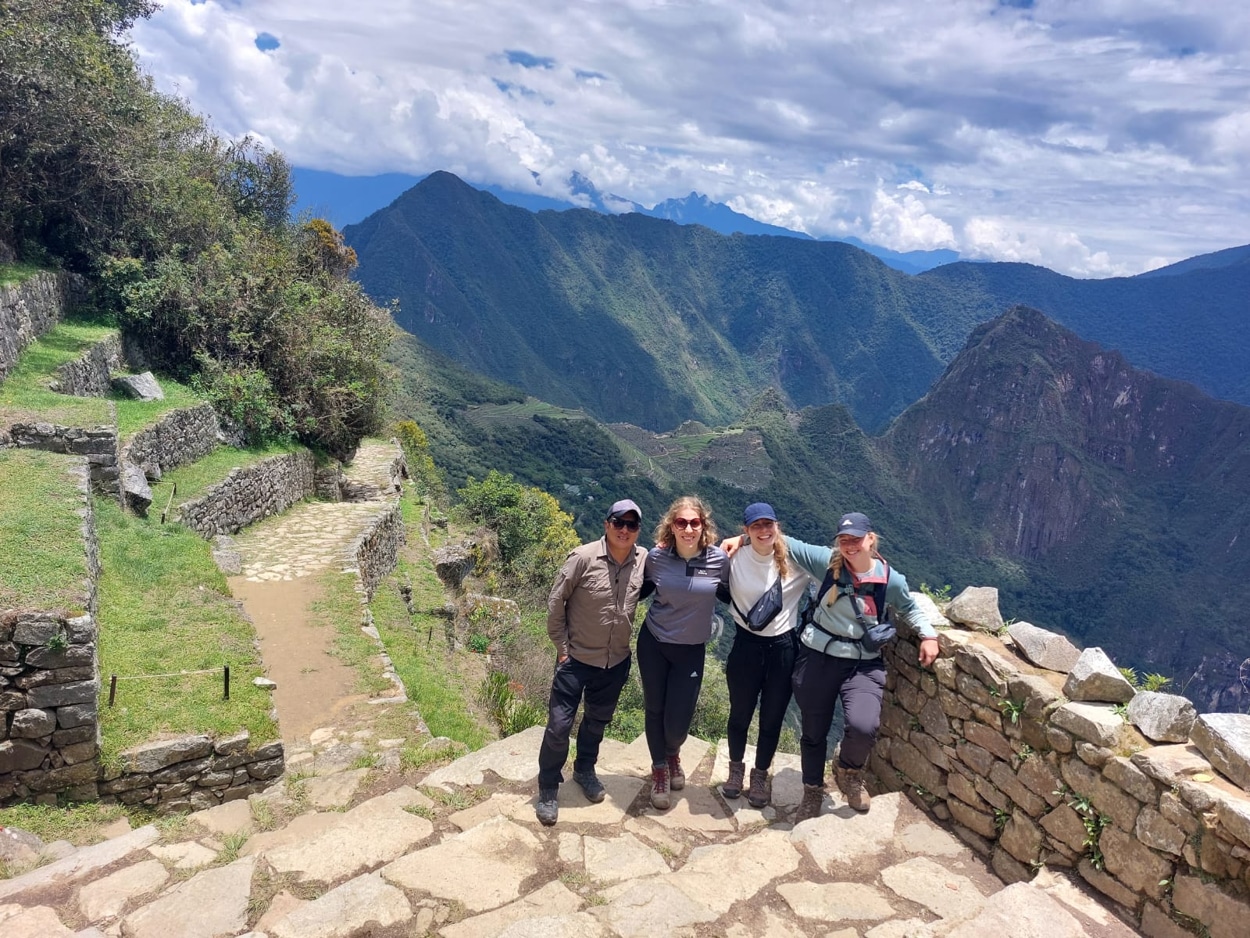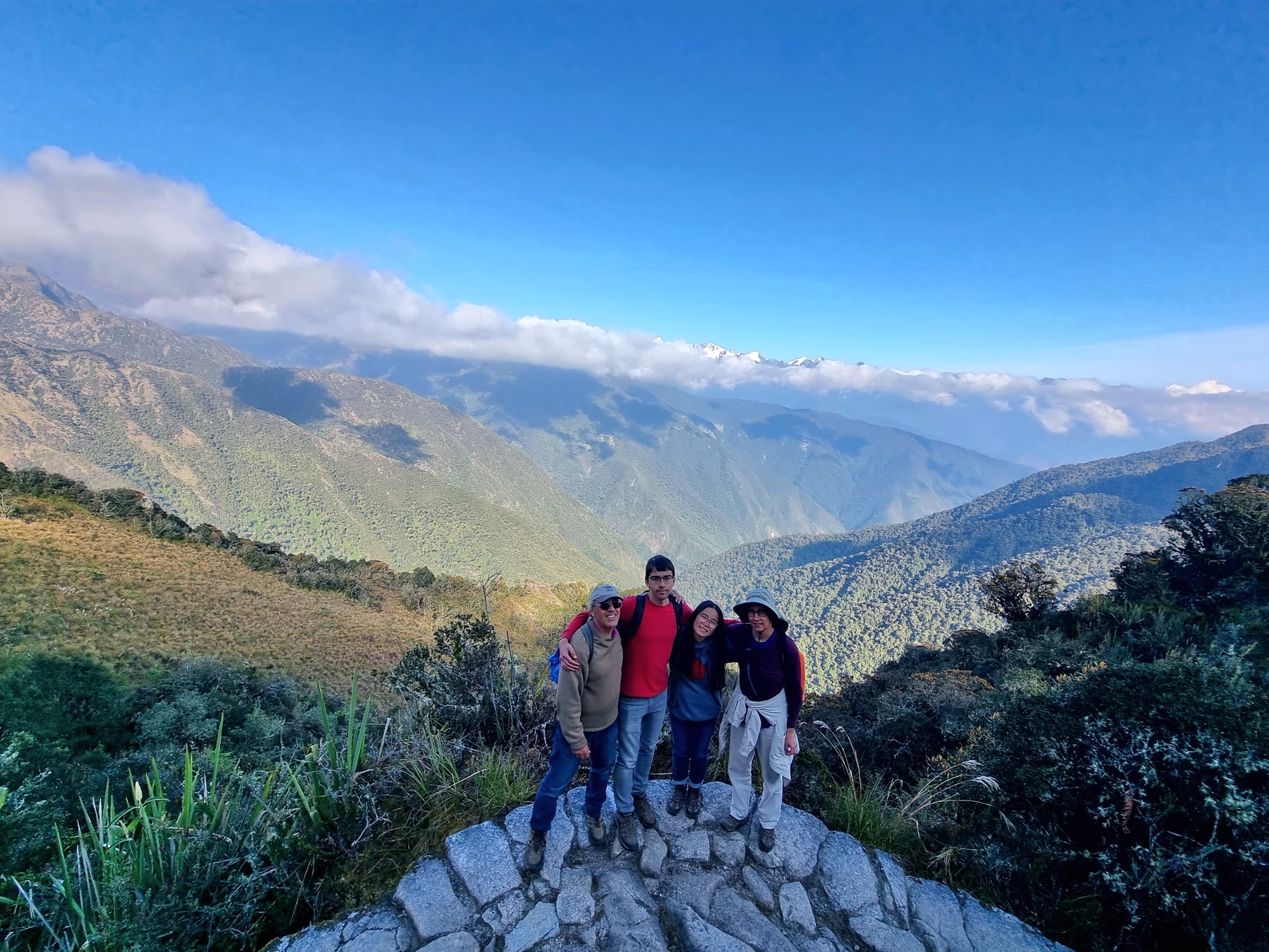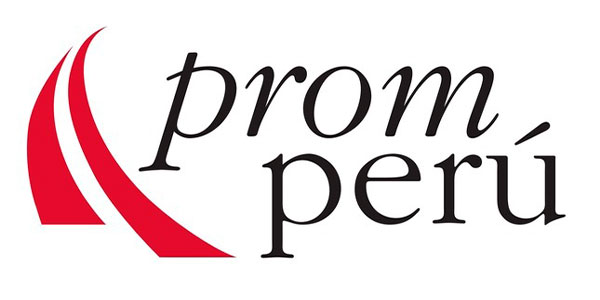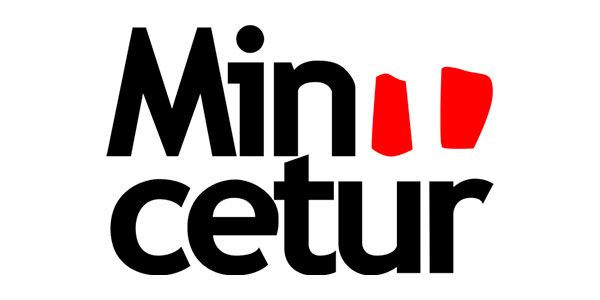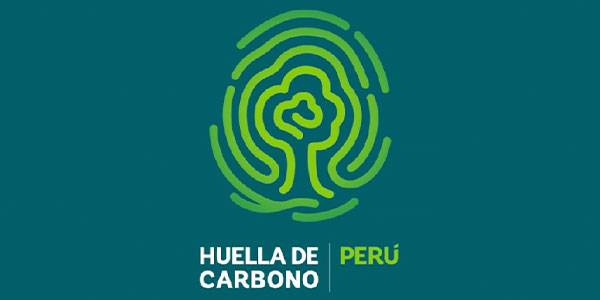- Salkantay Trek to Machu Picchu 5 Days
- Salkantay Trek to Machu Picchu 4 days
- Lares Trek to Machu Picchu 4 Days
- Inca Quarry Trail to Machu Picchu 4 days
- Huchuy Qosqo Trek to Machu Picchu
- Choquequirao Trek 5 Days
- Choquequirao Trek 4 days
- Ausangate Trek 4 days with Rainbow Mountain
- Ancascocha Trek to Machu Picchu
4 Day Inca Trail to Machu Picchu
Cusco - KM 96 - Ayapata - Phuyupatamarca, Wiñay Wayna, Inti Punku, Machu Picchu
from $657 Per person
Save your space with a deposit payment
Duration :
4 Days / 3 Nights
Type Tours :
Adventure, Trek
Difficulty :
Challenging
Gruop size :
2 min. - 8 max.
Overview
Join us, 69 Explorer, on an unforgettable journey. Embark on the iconic 4-day Inca Trail to Machu Picchu. This adventure uniquely weaves together Andean landscapes with the mysteries of the Inca civilization.
This journey is a bucket-list experience for many, offering much more than just a trek. It’s an exploration into the heart of Peru’s cultural and historical heritage.
As we begin our Inca Trail tour, the anticipation and excitement will be palpable. Our path starts at Km 82, the traditional starting point of the Inca Trail. Here, take our first steps on this historic path, following in the footsteps of the Incas.
Over the course of four days, traverse a variety of terrains. These range from challenging mountain passes to serene cloud forests, with each offering their own unique beauty and challenges. The trail covers roughly 43 kilometers (about 26.7 miles), a distance filled with breathtaking vistas and ancient Inca ruins.
One of the most significant highlights of hiking the Inca Trail is crossing Dead Woman’s Pass, the highest point of the trek at an altitude of 4,200 m (13,780 ft). While this is demanding, the sense of achievement upon reaching the summit is unmatched. Experienced tour guides will be there every step of the way, providing support. They will offer insights into the rich history of the trail and the Inca sites we encounter.
Throughout our trek to Machu Picchu, delve into the heart of Inca culture. We will be exploring well-preserved ruins that offer a glimpse into the past. Each Inca site we visit tells a story, contributing to our understanding of this remarkable civilization.
Camping along the Inca Trail is an adventure in itself. Our team ensures that the camping equipment is comfortable and suited to the Andean environment, allowing us to rest and rejuvenate under the stars. These moments of tranquility in nature will balance the physical demands of the trek.
As we approach Machu Picchu, the excitement will build. The final day of our journey culminates in an awe-inspiring guided tour of the ruins of Machu Picchu, where history and landscape converge in perfect harmony. This guided tour will not only reveal the secrets of this ancient wonder but also provide opportunities for personal exploration and reflection.
Throughout the 4-day Inca Trail experience, we will be mindful of challenges such as altitude sickness and will provide advice and support to ensure everyone’s well-being. The Inca Trail permit, necessary for this journey, will be arranged by us, ensuring a seamless experience from start to finish.
Embarking on this Peru Inca Trail with 69 Explorer, you will not only witness the magnificent beauty of the Andes but also connect with the ancient spirit of the Inca culture. We invite you to join us on this extraordinary trail to Machu Picchu, a journey that promises to be as enriching as it is exhilarating.
"4 Day Inca Trail to Machu Picchu"
Secure Payments With: 
Need Help To Book?
Our dedicated team of travel experts is here to assist you every step of the way, ensuring a seamless and unforgettable journey.
4 Day Inca Trail to Machu Picchu
Trip Details
Our Travelers Are Happy
Here at our company, we take pride in our reviews. We believe they are a true reflection of our business and help us improve our services. We encourage all customers to leave a review, whether it is positive or negative. We believe this feedback will help us grow and improve as a business. We would like to thank all of our customers who have taken the time to leave a review.
Similar tours that may interest you
Explore Related Tours: Discover More with 69 Explorer
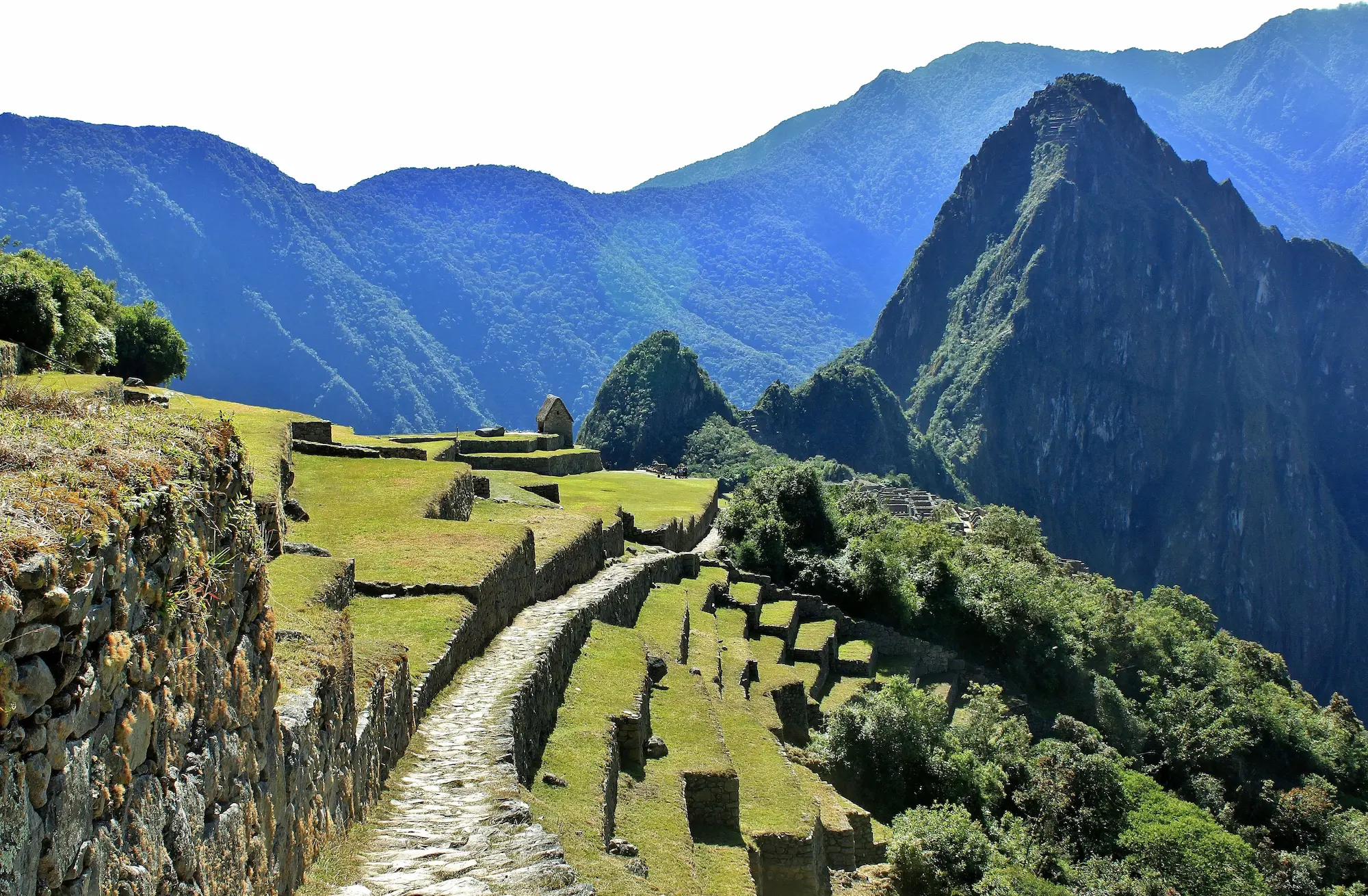
Adventure, hike, traditional
Short Inca Trail Trek to Machu Picchu – 2 Days
Cusco, Ollantaytambo, Wiñay Wayna, Aguas Calientes, Machu Picchu
2 Days / 1 Night
Moderate
$417
/per Person
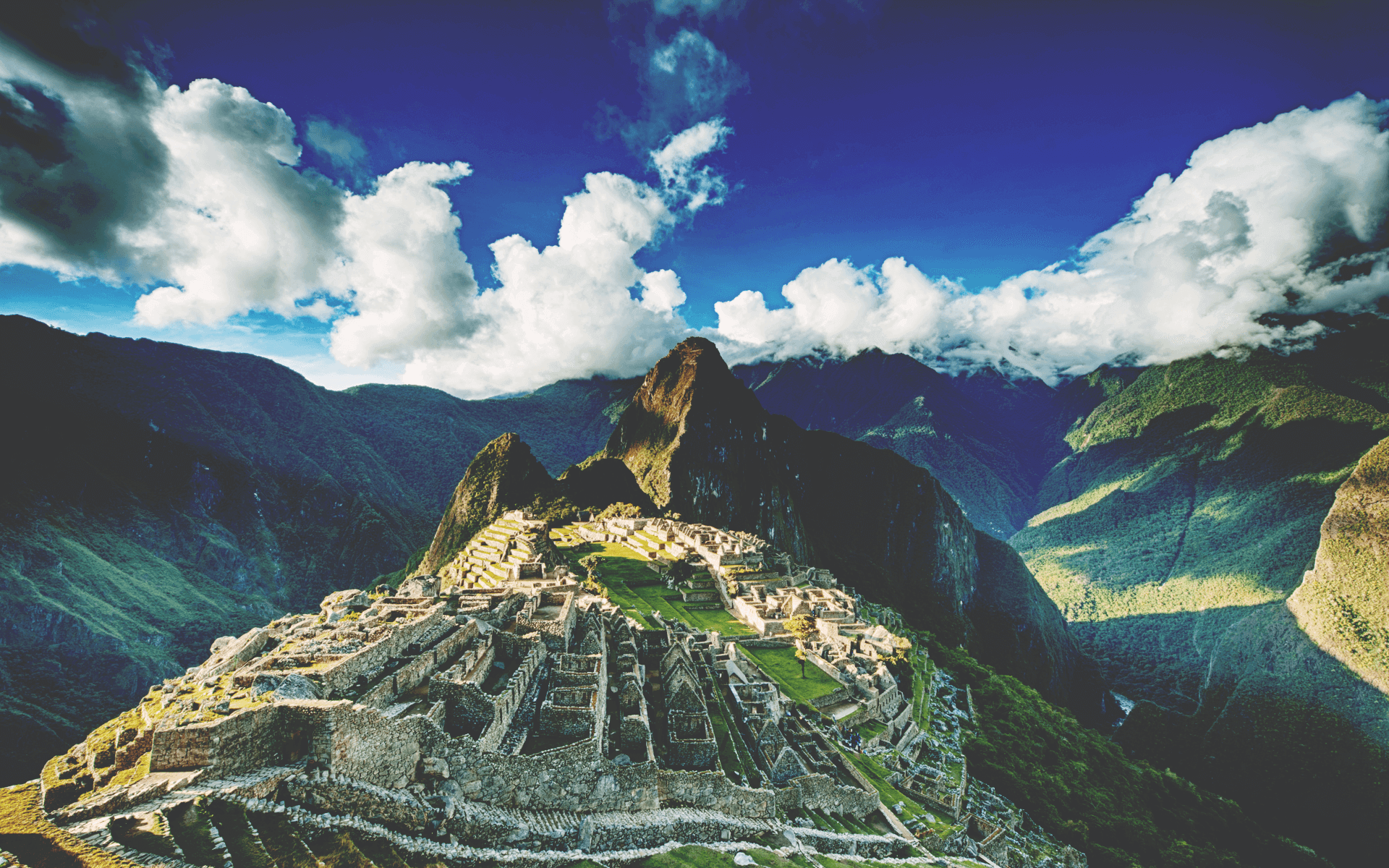
Adventure, hike
1 Day Inca Trail Hike to Machu Picchu
Wiñay Wayña - Puerta del sol - Machu Picchu
1 Day
Moderate
$417
/per Person
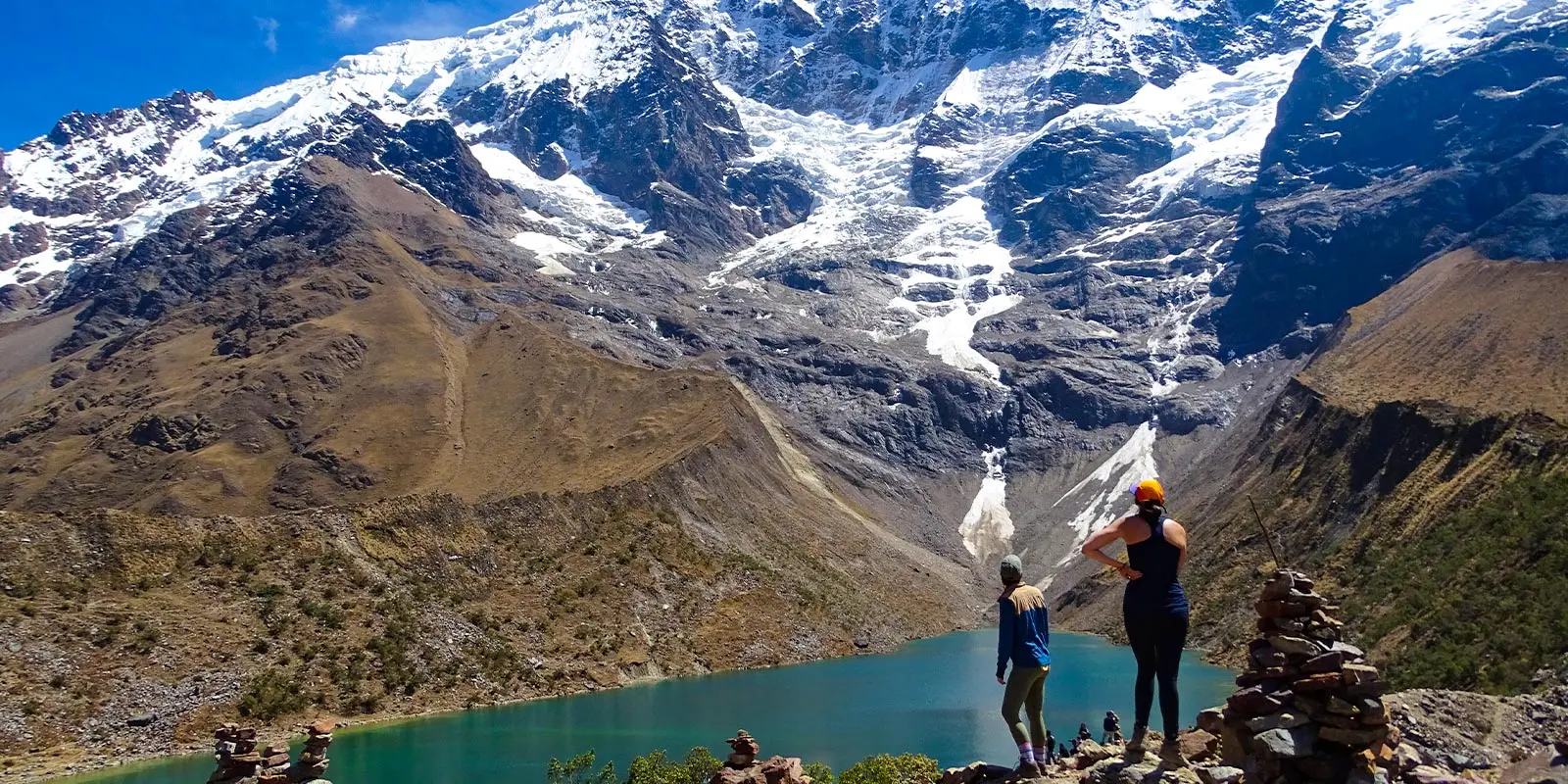
Adventure, hike
Salkantay Trail & Inca Trail to Machu Picchu 7 days
Cusco – Soraypampa – Lago Humantay – Salkantaypampa – Pampajaponesa – Wayllabamba – Llulluchapampa – Aguas Calientes – Machu Picchu
7 Days / 6 Nights
Challenging
$947
/per Person

